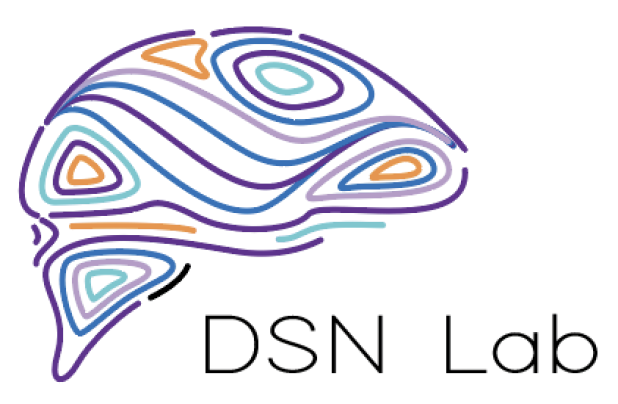How To Join Our Team
Undergraduate Research Assistants
Thank you for your interest in working in the DSN Lab! Becoming an undergraduate research assistant is a great way to get the practical experience required to pursue graduate study in psychology and related fields. We’re excited to learn more about you, so please fill out the following form and we will be in contact with you shortly:
Undergraduate Research Assistant Application
Please note:
You must join the DSN Lab by your junior year to do an undergraduate honors thesis with our lab.
You must work in the lab for a minimum of three terms to be considered for a letter of recommendation.
We are currently looking for students majoring in Data Science, Computer Science, Biology, Neuroscience, or related quantitative and natural science fields. Preference will be given to applicants who can make a 12+ month commitment and with prior experience in programming, statistics, and/or wet lab experience.
Prospective Graduate Students
Thank you for your interest in joining the DSN lab for your doctoral training!
We focus on studying the relationships between adolescent biological and psychosocial development in relation to social changes and mental health. Currently this means an emphasis on studying puberty and other biomarkers (immune functioning, epigenetics), brain development (multiple modalities: structural, diffusion, resting state, and task fMRI), self-perception, peer relationships, and internalizing problems. We use a prospective longitudinal design (the TAG study) which has been running for a decade, starting when adolescent girls were 10-13 years of age. The protocol paper is available here, but it only covers the first 3 waves, and we are in wave 6 of the main study with multiple additional substudies including passive mobile sensing, daily diaries, gut microbiome, COVID, and more. We also have great information about their neighborhood contexts, prosocial tendencies, early adverse experiences, and in wave 6 are collecting the adolescent STRAIN for a retrospective perspective on stress and other adversity. For more information, please see our recent studies and publications.
Please note that applicants wishing to receive clinical training will need to have a primary mentor in the clinical area, but I frequently co-mentor developmental cognitive neuroscience trainees with clinical faculty due to the nature of our lab’s research. Application materials for the doctoral program in Psychology can be found at the Psychology Department website, along with additional information about the department and faculty.
Due to my schedule and for equity, I cannot meet with individuals who wish to apply to discuss their interests in advance. If applying to programs is a financial burden for you, check here for information about waivers for the graduate admissions application fee.
Other Collaborations
If you are interested in projects currently going on within the lab, or have ideas for projects and/or collaboration, please contact Dr. Pfeifer. The University of Oregon provides an excellent environment for collaboration across disciplines and we encourage you to get in touch with your ideas!
